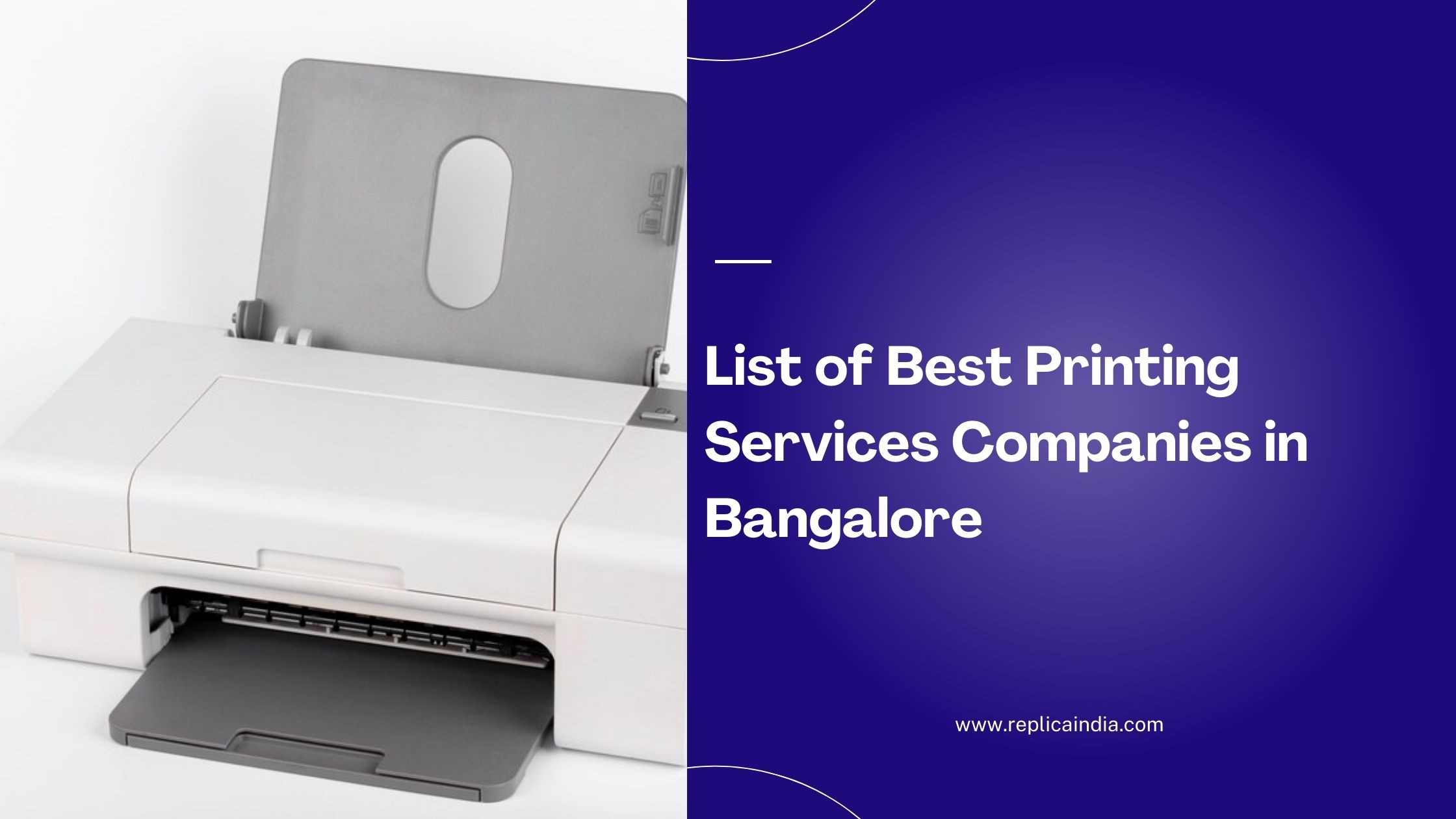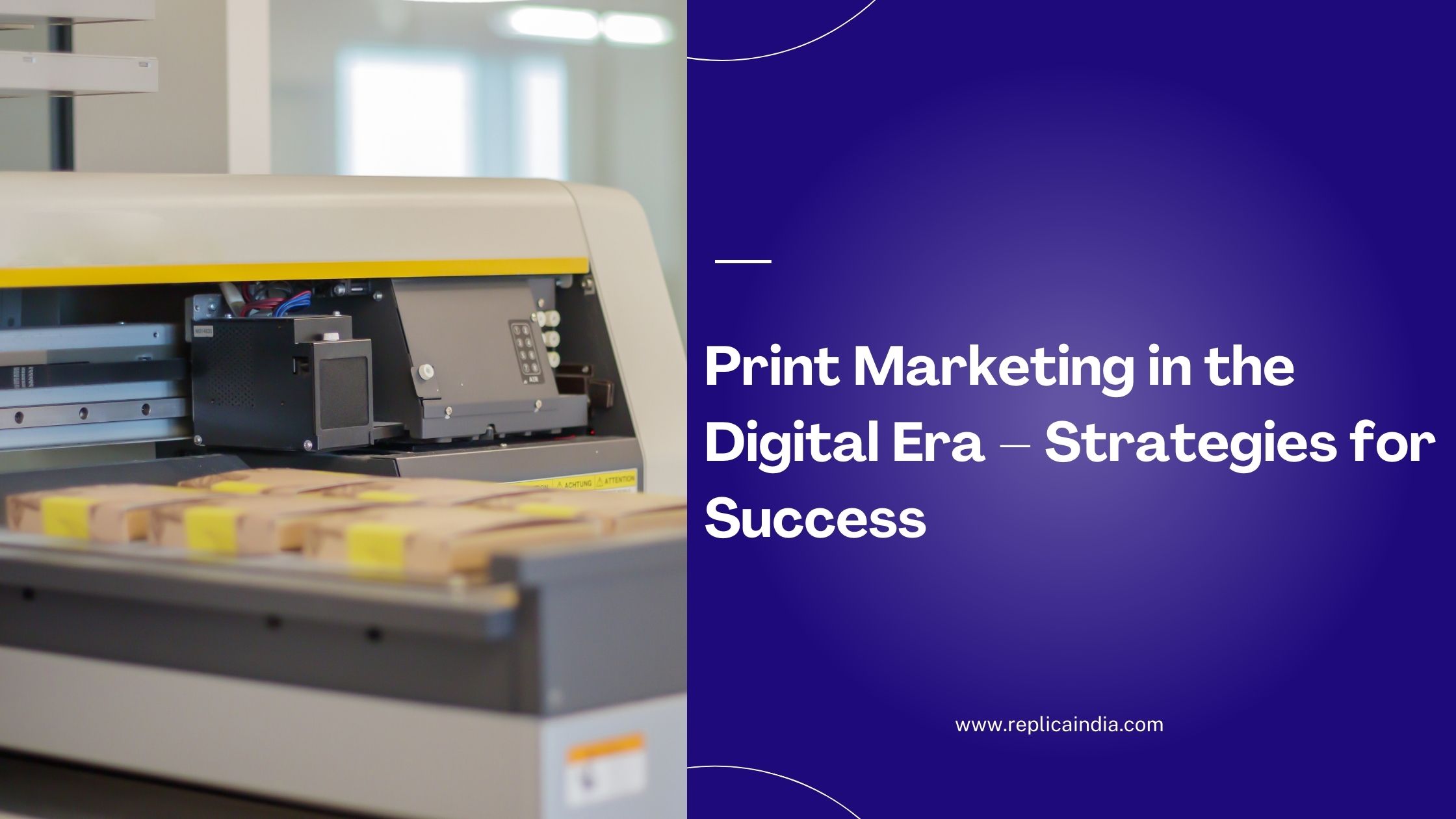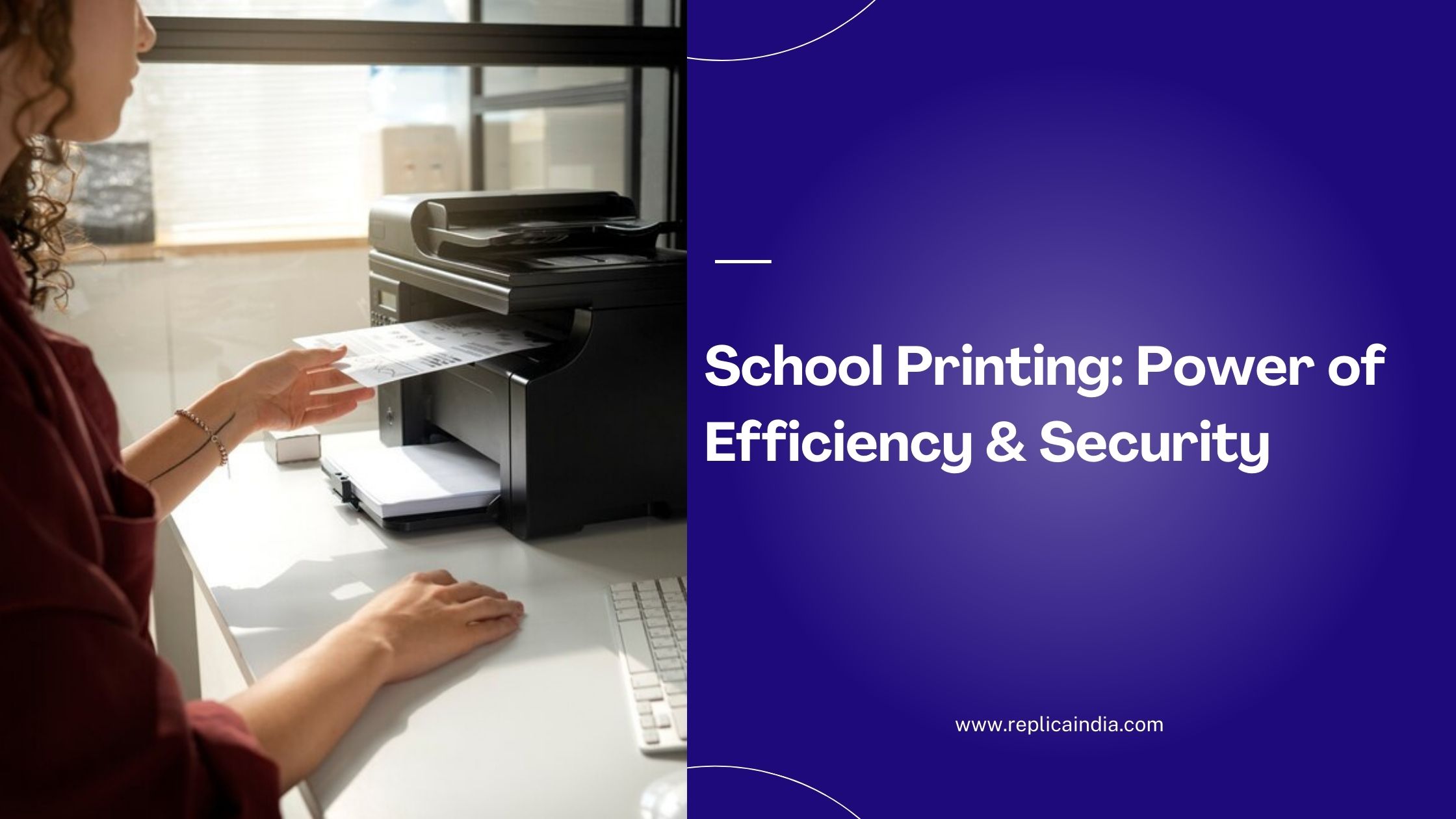
In our increasingly digital world, a reliable scanner is a valuable tool for businesses, students, and even home offices. From digitizing important documents to preserving old photos, a scanner can streamline document management and workflow. But before you dive in, a key question arises: should you rent or buying a scanner? This guide explores the pros and cons of each option to help you make an informed decision that best suits your needs renting scanner.
A Legacy of Innovation: Replica Xerography
Before delving into renting vs. buying, let’s acknowledge the foundation of modern scanning technology: Replica Xerography. This revolutionary process transformed document duplication, enabling high-quality, precise copying that laid the groundwork for today’s scanners, which create clear, accurate digital copies of physical documents. Now, let’s explore the options available in the world of scanners.
The Case for Renting Scanner
- Cost-Effective for Short-Term Needs: Renting shines for short-term use. Students needing a scanner for a semester or businesses with a temporary project can avoid upfront purchase costs by renting.
- Access to High-End Equipment: Renting often unlocks access to high-end scanners with advanced features like high-resolution scanning, large document capacity, or specialized functions like 3D scanning, features that might be too expensive to purchase outright.
- Maintenance and Support: Rental agreements typically include maintenance and technical support, ensuring any scanner issues are promptly addressed, saving you time and money on repairs or downtime.
- Flexibility: Renting offers flexibility. You can choose different models for different needs, upgrade to newer technology as it becomes available, and avoid the long-term commitment of ownership.
The Case for Buying a Scanner
- Long-Term Cost Savings: Though the initial purchase price can be higher, buying a scanner can lead to significant savings in the long run. If you anticipate frequent scanning needs, buying is often more economical than repeated rentals.
- Convenience and Accessibility: Owning a scanner means it’s always there when you need it. No rental agreements, availability concerns, or scheduling pickups and returns. This convenience is a major benefit for those who rely on frequent scanning.
- Customization and Familiarity: Ownership allows you to customize your scanner to your specific needs and preferences. Over time, you’ll become familiar with its features and settings, making scanning tasks more efficient.
- Investment Value: A high-quality scanner can last for many years, making it a worthwhile investment. Additionally, owning equipment adds value to your assets, which can be beneficial for businesses.
Making the Right Choice: Factors to Consider
- Frequency of Use: How often will you need the scanner? Daily or weekly use suggests buying might be more practical. For infrequent use, renting could be more cost-effective.
- Budget: Evaluate your budget. While buying requires a larger initial investment, it might save you money in the long run. Renting, on the other hand, can help manage short-term cash flow.
- Technology Requirements: Think about the specific features and capabilities you need. If your tasks require the latest technology, renting allows you to access state-of-the-art equipment without the high purchase price. However, if your needs are basic, a standard scanner purchase could suffice.
- Maintenance and Support: Consider whether you prefer the convenience of having maintenance and support included in a rental agreement or if you’re comfortable managing these aspects yourself. buying a scanner means you’ll be responsible for any repairs or technical issues that arise.
- Space and Storage: Scanners come in various sizes, and some models can be quite large. Assess your available space for storing and using a scanner. Renting allows you to return the scanner when it’s not needed, freeing up space.
Practical Scenarios: Renting vs. Buying in Action
- The Small Business: A small business with a steady flow of documents to scan might benefit from purchasing a scanner. The long-term savings and constant accessibility outweigh the initial cost. Additionally, the business can select a model that fits their specific needs and budget.
- The Large Corporation: A large corporation undertaking a digitization project may find renting more advantageous. They can access high-capacity, high-speed scanners for the duration of the project without a substantial investment. Once the project is complete, they can return the equipment, avoiding storage and maintenance issues.
- The Student: A student needing a scanner for a semester or a short-term project would likely find renting to be the most cost-effective and practical solution. This way, they get the necessary equipment without a long-term commitment or significant expense.
Conclusion
Deciding whether to rent or buy a scanner ultimately depends on your specific needs, budget, and usage patterns. Both options have their merits, and by carefully considering factors like frequency of use, budget, and technology requirements, you can make the best choice for your situation.
Replica Xerography has come a long way, paving the path for the advanced scanning technologies we have today. Whether you choose to rent or buy, ensuring you have the right scanner will help you efficiently manage your documents and keep up with the digital world.




